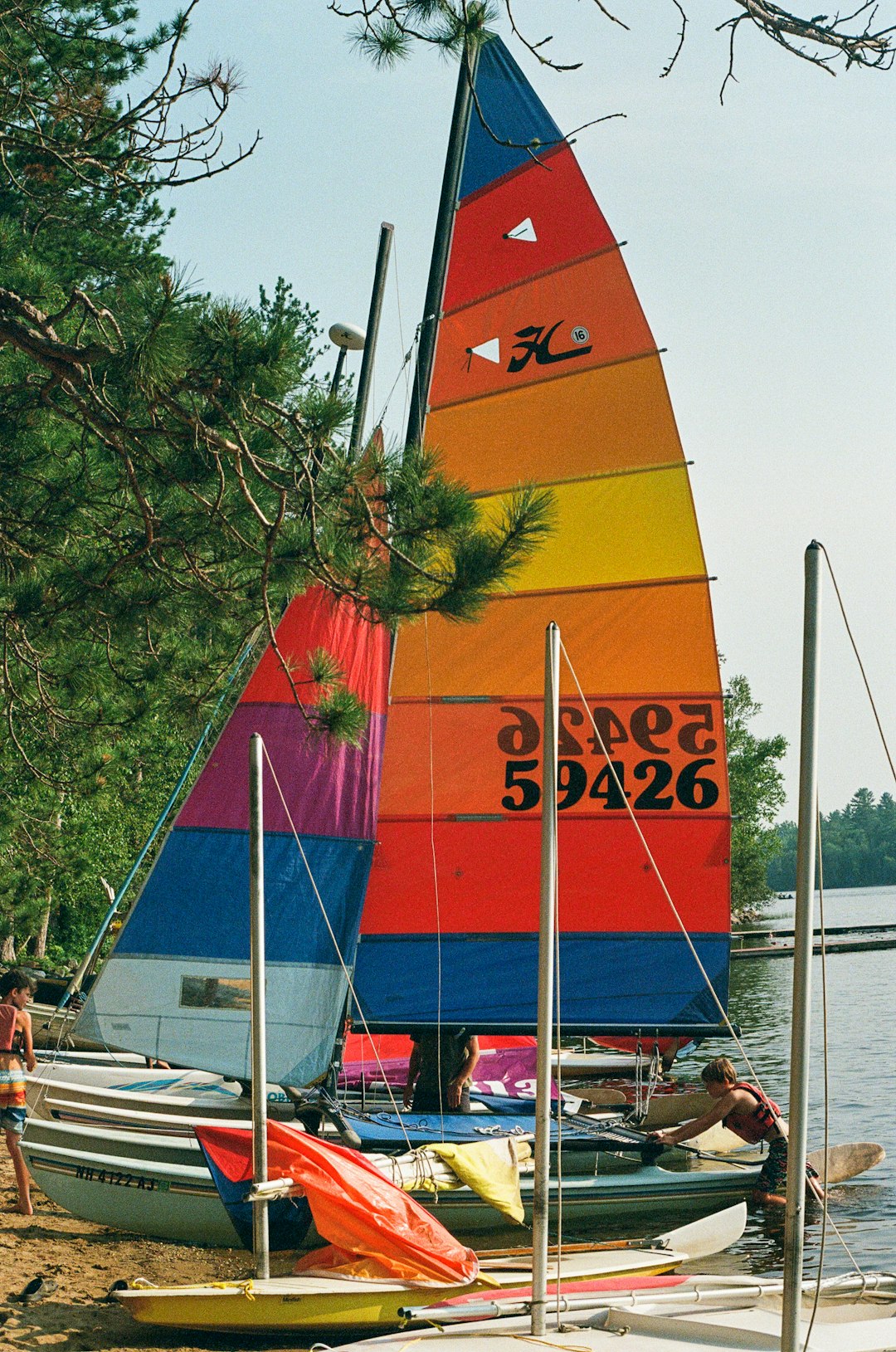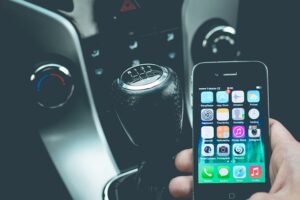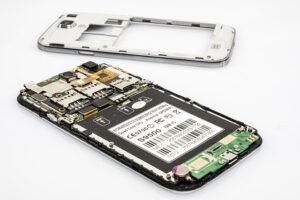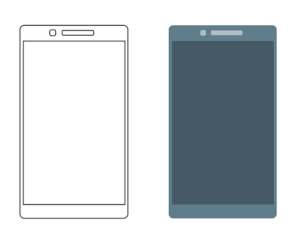Maine nonprofits adopting autodialers for outreach and fundraising face legal complexities tied to telemarketing and privacy. To avoid fines and reputational damage, organizations should consult experienced autodialer lawyers or attorneys from reputable law firms in Maine. These professionals ensure compliance with TCPA, state regulations, and consent requirements, enabling effective use of autodialers while minimizing legal risks. Hiring the right legal support is crucial for navigating Maine's privacy laws and leveraging autodialers ethically.
In the dynamic landscape of Maine’s nonprofit sector, leveraging technology like autodialers for outreach and engagement can be a game-changer. However, navigating legal considerations surrounding autodialing is crucial to ensure compliance and avoid costly pitfalls. This article explores the intricate web of laws affecting Maine nonprofits, including the Telephone Consumer Protection Act (TCPA) and state privacy regulations. We guide you through choosing the right legal support from an experienced autodialer lawyer in Maine to ensure your organization stays protected while utilizing innovative communication tools.
Understanding Autodialing and its Legal Implications in Maine
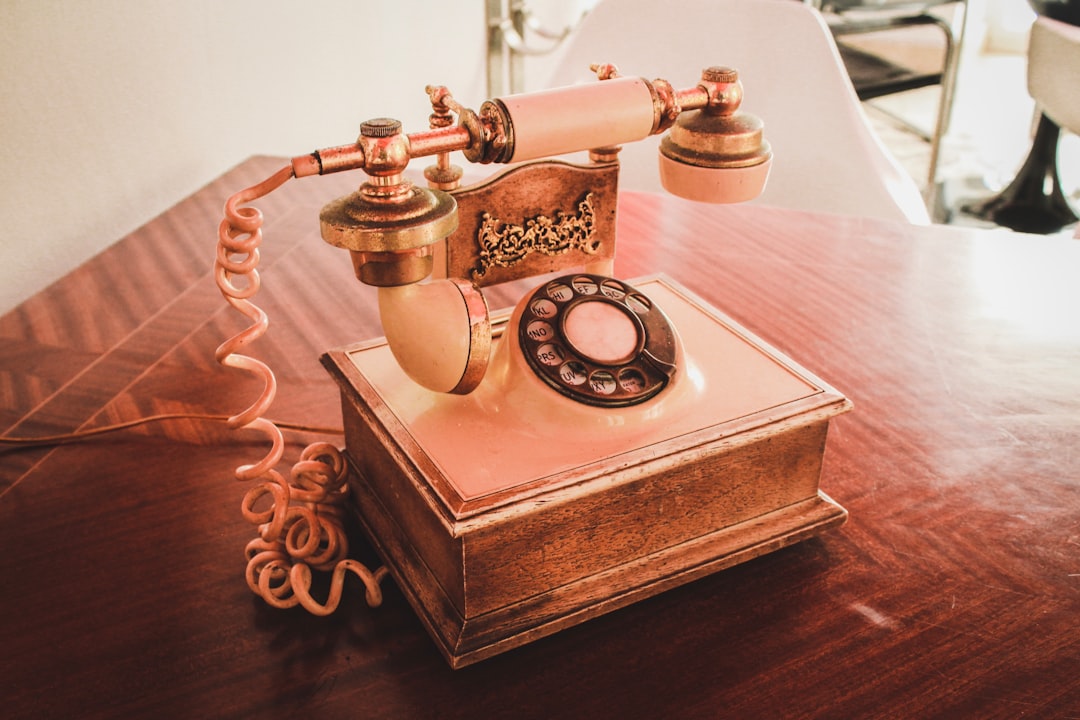
In today’s digital age, non-profit organizations in Maine increasingly utilize autodialers to reach and engage supporters. An autodialer is a technology that automatically dials telephone numbers from a pre-loaded list, allowing for mass communication via phone calls. While this tool can significantly enhance fundraising efforts and community outreach, it also raises important legal considerations. Maine’s laws regarding telemarketing and consumer privacy must be strictly adhered to; non-compliance can result in substantial fines and damage to the organization’s reputation.
Hiring an experienced autodialer lawyer Maine or consulting with autodialer attorneys Maine from a reputable autodialer law firm Maine is crucial to ensure compliance. These legal experts can guide organizations on obtaining necessary permissions, providing opt-out options for recipients, and adhering to do-not-call lists. Understanding the complex web of regulations surrounding autodialing will help Maine’s non-profits leverage this technology effectively while mitigating potential legal risks.
Compliance with Telephone Consumer Protection Act (TCPA)
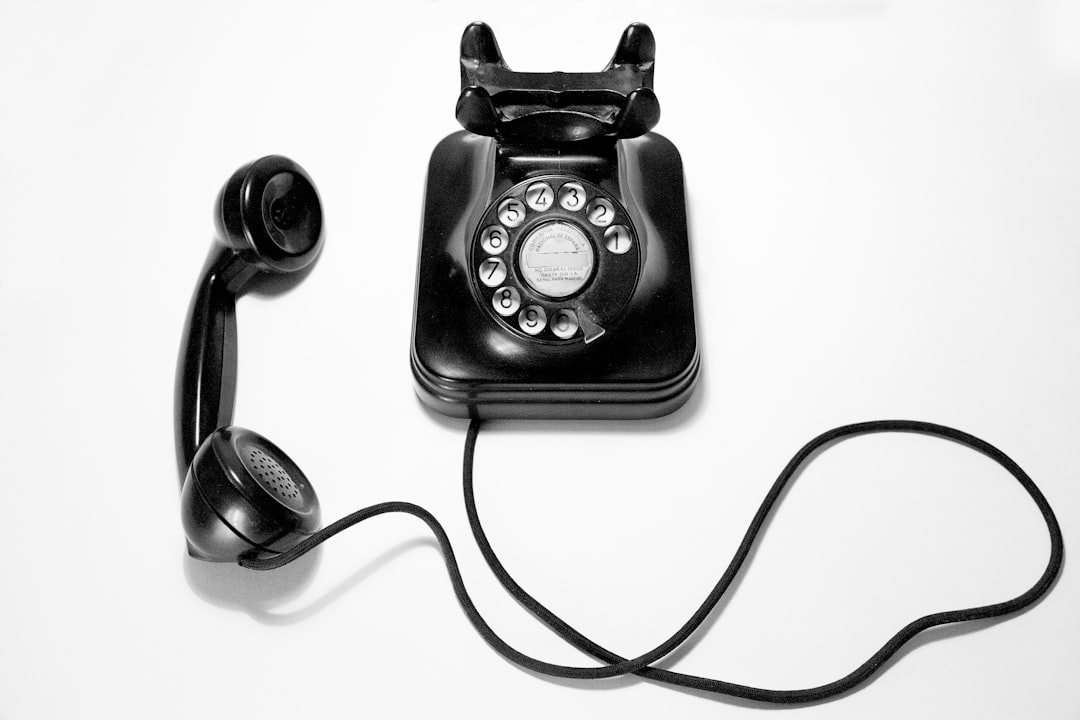
In Maine, nonprofits leveraging autodialers for communication must comply with stringent federal regulations set forth by the Telephone Consumer Protection Act (TCPA). This legislation aims to safeguard individuals from intrusive telemarketing practices and has significant implications for organizations utilizing automated calling technologies. Nonprofits using autodialers to contact donors or promote initiatives must ensure they have explicit consent from recipients, accurately identify themselves, and respect opt-out requests, or face potential legal repercussions.
Hiring an experienced autodialer lawyer Maine is crucial to navigating this regulatory landscape. Attorneys specializing in this area can guide nonprofits on obtaining proper authorization, implementing compliance procedures, and avoiding common pitfalls that could result in substantial fines. With the right legal support, Maine’s nonprofit sector can effectively harness the power of autodialers while adhering to TCPA requirements, ensuring ethical and compliant communication practices.
Navigating Maine's Privacy Laws and Consent Requirements

Navigating Maine’s privacy laws and consent requirements is an essential step for nonprofits considering the implementation of an autodialer system. Maine has stringent regulations regarding telemarketing and automated calls, ensuring residents’ rights to privacy and limiting intrusive communication. Nonprofits must adhere to these rules when utilizing autodialers to contact potential donors or supporters.
An autodialer lawyer in Maine can guide organizations through this process, ensuring compliance with the state’s law. Consent is crucial; nonprofits should obtain explicit permission from individuals before dialing them, and calls should respect do-not-call lists. Understanding these legal considerations is vital to avoiding penalties and maintaining a positive public image for nonprofit entities using autodialing technologies in Maine.
Choosing the Right Legal Support for Your Nonprofit Organization in Maine

Selecting the appropriate legal counsel is a strategic decision for any nonprofit organization in Maine. When it comes to implementing an autodialer system, which can significantly enhance communication and outreach efforts, having the right lawyer by your side is paramount. Look for an autodialer attorney or law firm with a proven track record in assisting nonprofits navigate the legal complexities surrounding this technology.
Experienced autodialer lawyers in Maine will be well-versed in ensuring compliance with state regulations regarding telemarketing and consumer protection laws, which are critical aspects of using an autodialer. They can provide guidance on obtaining necessary permits, crafting clear terms of service, and establishing consent protocols to protect your organization from potential legal pitfalls. These professionals can also help you understand data privacy laws, ensuring the secure handling of donor information.
